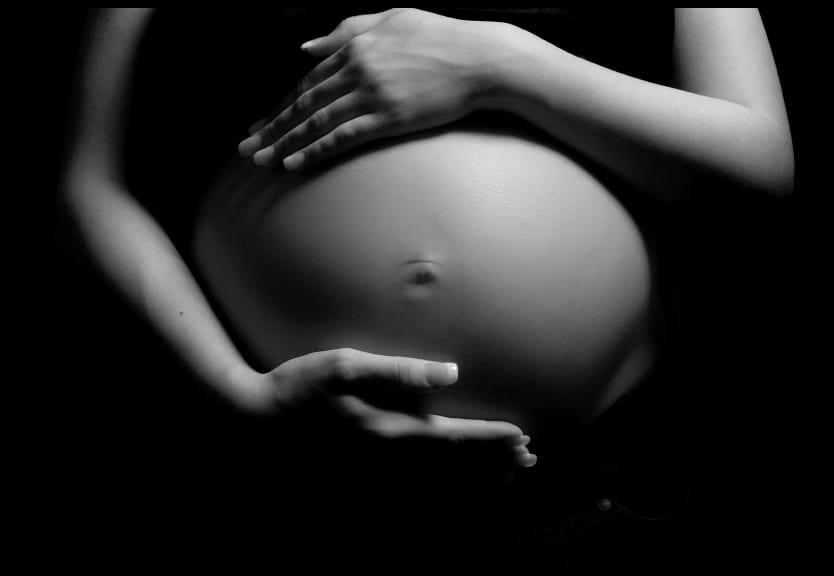A new study that identified genes linked to longer fertility in women comes as data show a sharp decline in birth rates during the pandemic, which accentuated a decades-long trend in women putting off having children until later in life.
Reproductive Aging
Published this week in the journal Nature, the study identified about 300 genetic variants that influence longer reproductive lifespan. Beyond simply identifying these genetic variants, the scientists were able to manipulate some of those genes in mice to successfully extend the reproductive lifespan. The findings offer some hope to those studying fertility in women.
“Improved understanding of the biological processes involved in reproductive aging could lead to improvements in fertility treatment options,” said Professor Eva Hoffman of the University of Copenhagen. Hoffman co-authored the new study.
New Insight for Women
The study gives a better understanding of the genetic influences for extending reproductive health. But it also also offers insights into identifying which women might reach menopause earlier than others. This in turn could help those women decide on the timing of when or if to have children.
“We can start to predict which women might have an earlier menopause and therefore struggle to get pregnant naturally,” said Dr. Katherine Ruth, of the University of Exeter, and a study co-author. “And because we are born with our genetic variations, we could offer this advice to young women.”
More Delaying Having Children
Life expectancy has dramatically gone up over the last century or more. But the age at which women enter menopause — around 50 — has not changed. Women are born with all the eggs they will ever carry. These are gradually lost with age. Menopause occurs once most of a woman’s eggs are gone. But fertility declines substantially before that time, making it much more difficult for some women to get pregnant. There are a number of factors playing into the delay in having children including financial and career considerations. According to newly released data, the COVID-19 pandemic resulted in the sharpest drop in childbirth in more than a century.
Many of the genes the study identified are associated with the process of DNA repair and are active before birth when human eggs are created and stored. These include the genes CHEK1 and CHEK2, which regulate a broad variety of DNA repair processes.
“We saw that two of the genes which produce proteins involved in repairing damaged DNA work in opposite ways with respect to reproduction in mice,” said Professor Ignasi Roig. Roig is another of the study’s co-authors and works at of the Autonomous University of Barcelona.
The researchers found that turning off the function of the gene CHEK2, while enhancing the expression of CHEK1, extended the reproductive lifespan of mice by about 25 percent. The study also looked at women who naturally lack an active CHEK2 gene. They found that these women reach menopause on average 3.5 years later than women with a normally active gene.
For this study, the researchers relied on a global collaboration involving more than 180 academic institutions. The study included data from hundreds of thousands of women. This included 300,000 female customers from 23andMe who consented to participate in research. The researchers also included data from the UK Biobank and several other study cohorts. While most of the de-identified and aggregated data was from women of European ancestry, the researchers also looked at data from women of East Asian ancestry.
Menopause
The team discovered that many of the genes involved are linked to processes of DNA repair. They also found that many of these genes are active from before birth, when human egg stores are created. But they are also active throughout life as well. Female mice with more of the CHEK1 protein are born with more eggs and they take longer to deplete naturally, so reproductive lifespan is extended. The second gene, CHEK2, has a similar effect. It allows eggs to survive longer, but in this case, the gene has been knocked out so that no protein is produced.”
The team also examined the health impacts of having an earlier or later menopause by using an approach that tests the effect of naturally occurring genetic differences. They found that genetically earlier menopause increases the risk of type 2 diabetes. It is also linked to poorer bone health and increased risk of fractures. However, it decreases the risk of some types of cancer. This is especially true of some cancers, such as ovarian and breast cancer, that are known to be sensitive to sex hormones. Those hormones are at higher levels in menstruating woman.




